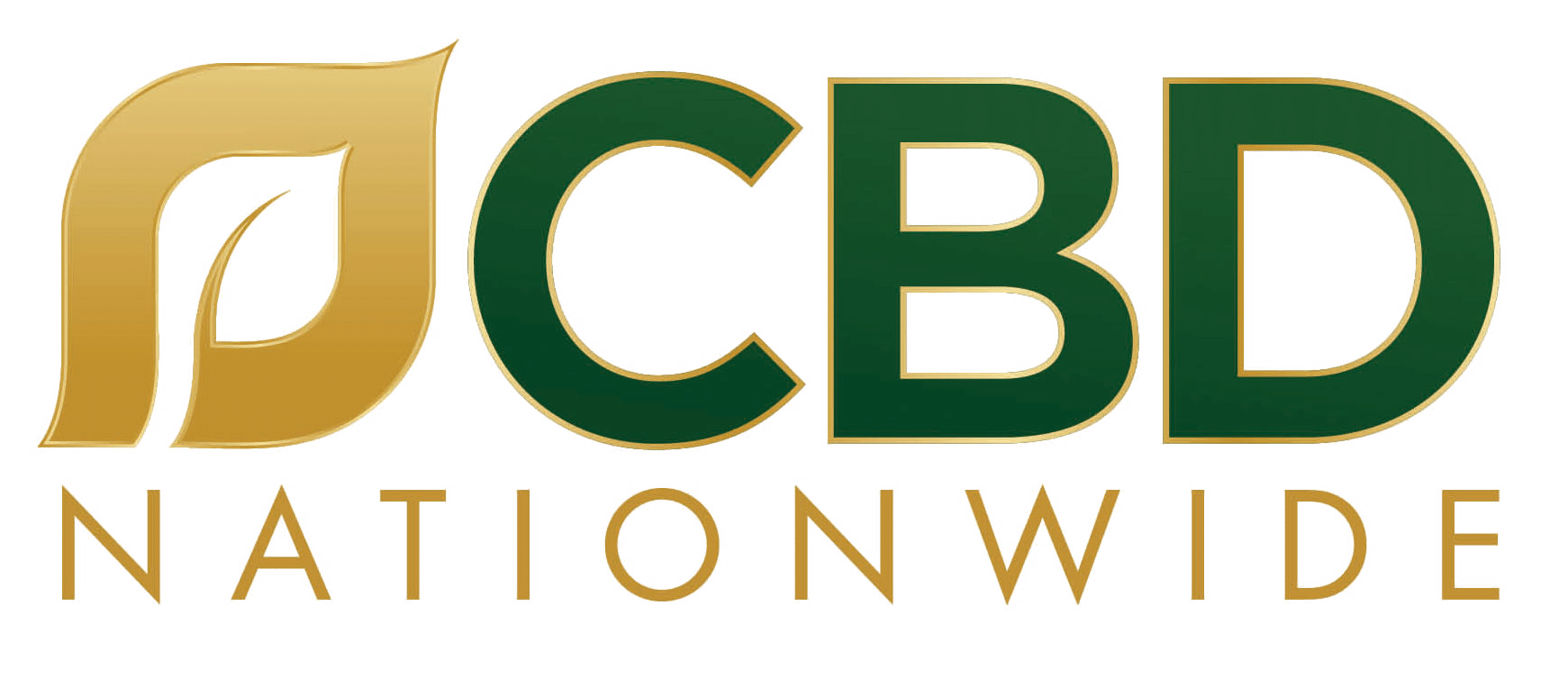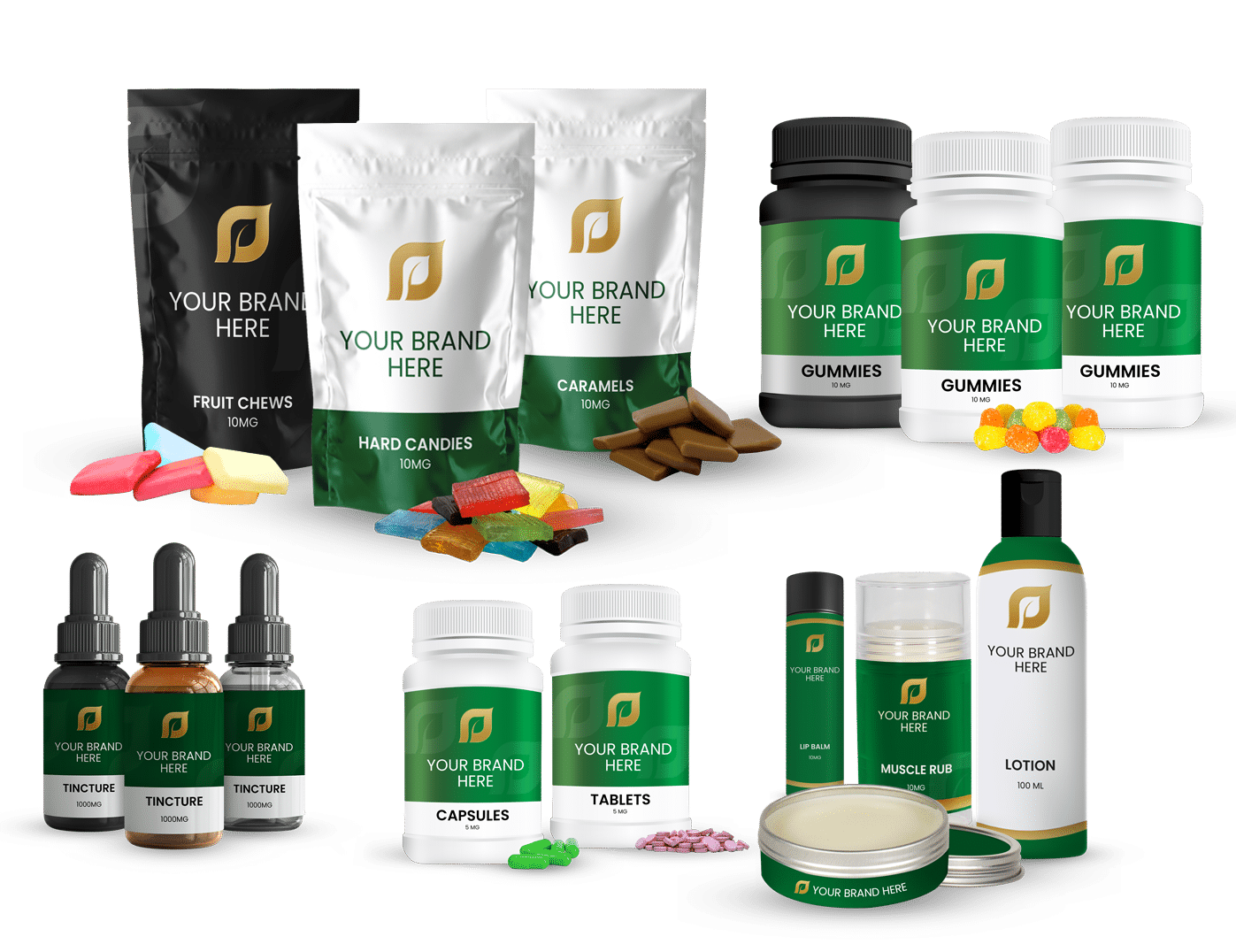Businesses can effectively scale their private labels while maintaining a positive relationship with third-party sellers and ensuring quality control by fostering transparency, promoting fair competition, collaborating with reliable partners, and prioritizing customization and customer trust.
Table of Contents
ToggleThe Art of Scaling Private Labels: A Lesson from Amazon
The benefits and challenges of scaling private label brands for businesses include offering unique products and building customer loyalty, while navigating potential conflicts with third-party sellers, and learning from industry leaders like Amazon, Walmart, and Target can help businesses effectively scale their private labels to achieve increased market share and company growth.
What is private label branding, anyway?
Private label branding is all about creating and selling products under a retailer’s own brand instead of relying on well-known manufacturers. This gives retailers the power to offer unique products, build a devoted customer base, and control pricing, marketing, and distribution.
Why scaling private labels matters for business growth
To grow and stay competitive, businesses need to scale their private label operations. Take Amazon as an example. They’ve been cutting back on items sold under their private labels due to lackluster sales and antitrust scrutiny.
Congress has even accused Amazon of having a conflict of interest since they manage a huge e-commerce platform for third-party sellers while also owning brands that compete with those very sellers.
Amazon execs have faced allegations of lying about using data from other brands and prioritizing their own brands in web search algorithms. Despite this, Amazon insists they maintain a win-win relationship with sellers on their marketplace platform.
Inside Amazon, however, sellers have been called “internal competitors.” While most of Amazon’s private labels account for less than 1% of sales, apparel stands out with a whopping 9%.1 To refocus on popular private label products, Amazon has taken cues from retail giants Walmart and Target who previously expanded and diversified their private label offerings.
By studying industry leaders like Amazon, businesses can learn how to scale their private labels effectively while dodging potential issues with third-party sellers. This ultimately translates to increased market share, customer loyalty, and company growth.
Mastering Private Label Strategies: Amazon & Costco Edition
Amazon and Costco have leveraged data and strategic partnerships to create successful private label brands by utilizing customer behavior insights to identify trends and partnering with renowned manufacturers to offer high-quality products at competitive prices, providing valuable lessons for businesses looking to thrive in the private labeling market.
Amazon’s Data-Powered Private Labels
Amazon’s success in private labeling showcases the power of data. By studying customer behavior and preferences, Amazon pinpoints trending products and categories to launch their own brands. This method birthed popular, profit-generating brands like AmazonBasics, which delivers everyday items at wallet-friendly prices.
Costco’s Kirkland Brand: A Winning Blend of Quality & Value
Costco’s Kirkland Signature brand brilliantly bridges the gap between national brands and private labels. By teaming up with renowned manufacturers to produce top-notch products under the Kirkland name, Costco earns trust from customers who see these items as equals to their branded counterparts.
Kirkland leverages distributional economies of scale (cost savings achieved through large-scale production) and lower transportation costs, making it a go-to for budget-savvy shoppers. Plus, by offering premium products and co-branding with household names like Starbucks, Quaker Oats, and Tyson Foods, Costco cements its reputation as a purveyor of both value and quality.
The result? Kirkland now makes up a substantial portion of Costco’s sales, stealing market share from national brands and proving the potency of well-executed private label strategies.
Learning from private label success stories like Amazon’s data-driven method and Costco’s Kirkland brand can pave the way for businesses to develop their own winning formulas. By seizing opportunities such as broad product lines, large contracts, discounted sales, and high quality—while sidestepping pitfalls like imitation and entry barriers—companies can solidify their place in the competitive realm of private labeling.
Uncovering the Secrets to Private Label Success
Amazon has dominated the private label market and achieved rapid growth across various industries by offering customized products at competitive prices, prioritizing transparency and customer trust, and strategically pinpointing popular and profitable product categories.
How Amazon dominates with top private label product categories
When it comes to private label success, AmazonBasics is a shining example. Launched in 2009, it now boasts an astonishing 90% of battery sales on Amazon.com, making up nearly one-third of all online battery purchases. And it doesn’t stop there—Amazon Elements has experienced rapid growth in the baby wipes market, claiming an impressive third-place spot.
But Amazon’s private label prowess expands beyond household items. In just two years, the company has added 22 new private brands to its collection, which now includes over 30 unique labels.
Last year alone, revenue from private label products jumped 47% to about $3.63 billion.2 Experts predict that by 2022, Amazon’s private label sales will skyrocket at an annual rate of 36%, reaching a staggering $20 billion.
The power of customization and customer trust
A crucial ingredient in private label success is offering customized products at competitive prices. Take this example: a 24-pack of Energizer AA batteries costs $13.99, while a 20-pack of AmazonBasics AA batteries sells for just $8.54—that’s a massive 25% savings!
Amazon’s private labels also prioritize transparency and customer trust. With their premium line, Amazon Elements, shoppers can scan a code to access in-depth information about a product’s origin, ingredients, and quality reports.
This winning approach has been replicated across various industries. In only two years, Amazon launched 15 new clothing brands and introduced furniture lines Rivet and Stone & Beam. Plus, they offer free returns for up to 30 days on their private-label furniture products—talk about ensuring customer satisfaction!
Additionally, Amazon’s vast library of customer reviews serves as an unbiased source of information for potential buyers, further chipping away at the influence of traditional brands and boosting the allure of private label products.
Pinpointing popular and profitable product categories, along with offering customization and prioritizing customer trust, is vital for businesses aiming to thrive in the private label market. By learning from Amazon’s success and adapting their strategies, companies can tap into this lucrative industry and watch their revenues soar.
Striking the Perfect Balance: Third-Party Sellers and Private Label Brands
Private label brands and third-party sellers can create a win-win situation and successfully coexist in a competitive marketplace by fostering transparency, fair competition, collaboration, customization, and diversification, ultimately contributing to a vibrant ecosystem that benefits both parties.
Creating a win-win situation for everyone involved
In the world of private labeling, manufacturers produce unbranded items, leaving resellers to handle marketing, branding, and customer service. This business model has made waves in industries like fashion, where retailers develop their own brands with trendy yet affordable clothing. But it doesn’t stop there; private label products can be found in various categories such as cosmetics, beverages, cleaning supplies, and even frozen foods.
The secret sauce to a successful private labeling venture? Ensuring both manufacturers and resellers reap the rewards.
Keeping third-party sellers happy while promoting your brand
When working with third-party sellers, it’s crucial to balance your own private label brand’s growth and maintaining positive relationships. Amazon does this with its AmazonBasics line by using user data to craft products that cater to wide-ranging consumer needs. Meanwhile, Costco’s Kirkland Signature offers top-notch goods at lower prices than national brands.
To keep things harmonious with third-party sellers when launching or growing your private label brand:
- Transparency: Be open about your goals and strategies for your private label brand.
- Fair competition: Give third-party sellers equal opportunities by providing unbiased search results and product visibility.
- Collaboration: Offer support and resources to help third-party sellers grow alongside your brand.
- Customization: Encourage manufacturers to create unique or customizable products for different resellers.
- Diversification: Focus on other product categories or target markets than your third-party sellers to minimize head-to-head competition.
By fostering a win-win environment and employing smart strategies, both third-party sellers and private label brands can flourish, contributing to a vibrant marketplace ecosystem.
Quality Control: The Secret Sauce of Private Label Success
Treehouse Foods ensured product consistency and customer loyalty after acquiring ConAgra’s private label operations by implementing stringent quality assurance practices, maintaining key brand equities and trademarks, and rebranding as Treehouse Private Brands to guarantee consistency across all product lines.
Winning Hearts with Quality Assurance
When Treehouse Foods scored big by acquiring most of ConAgra’s private label operations, they knew the key to keeping customers loyal was upholding high-quality standards.
As they spread their wings across more than 10 shelf-stable and refrigerated food categories, consistency became their mantra. With top-notch quality assurance practices, Treehouse Foods aimed to make sure customers would always have faith in their private label brands.
Consistency: A Recipe for Success
To keep things consistent after the big buyout, Treehouse Foods funded the deal with a mix of senior notes and common stock issuance. This clever move let them hold onto some important private-label operations like canned pasta, cooking spray, peanut butter, pudding/gels, and frozen pasta.
They also kept the brand equities, trademarks, and business portfolios of some of their most popular baked snacks. By safeguarding these treasures, they could maintain product consistency while growing their portfolio.
Now operating as Treehouse Private Brands (alongside Bay Valley Foods), ConAgra’s private-label businesses form the backbone of Treehouse Foods. This savvy rebranding allowed them to present a united front for their private label operations and guarantee consistency across all product lines.
So what’s the secret recipe for product consistency? Here are some ingredients:
- Whip up thorough quality control processes: Stick to manufacturing guidelines like your life depends on it.
- Cook up innovation with research and development: Keep tweaking your products based on customer cravings.
- Choose suppliers who share your passion for perfection: Partner with trustworthy folks who get your quality obsession.
- Sprinkle in regular audits and assessments: Keep a close eye on manufacturing facilities and processes to catch any hiccups.
Treehouse Foods’ ConAgra acquisition showcases the power of quality control and consistency in private label operations. By following these best practices and staying committed to quality assurance, your brand is set to charm customers and conquer the cutthroat market.
Winning Private Label Strategies in the Booming Cannabis Market
Partnering with a private label cannabis company offers benefits like personalized pricing power and streamlined operations, while effectively marketing your brand requires showcasing quality control measures, leveraging certifications and awards, trying the products firsthand, and utilizing custom packaging for a competitive edge in the industry.
Personalized Pricing Power for a Competitive Edge
In the booming cannabis market, valued at $20.47 billion USD in 2020 and expected to skyrocket to $197.74 billion USD in 2028,3 private labeling is a game-changer. Private labeling is when one company manufactures and packages a product, then another company slaps on its label and sells it.
By teaming up with a private label cannabis company, you save time, money, and avoid legal headaches since they handle most of the licensing. These companies whip up products for various clients using either off-the-shelf or custom-made formulas. You’ll find this practice across industries like food and cosmetics, but it’s gaining steam in the cannabis world too.
One major perk of collaborating with a private label cannabis company is enjoying personalized pricing control. Thanks to their large-scale operations, they can access better resources to ensure healthy cannabis plants, top-tier equipment, and high-quality standards. This means you can tap into their expertise while keeping your prices competitive.
Masterful Marketing Moves for Your Private Label Brand
To make your private label brand shine, you need a killer marketing strategy. Many private label cannabis companies boast top-notch certifications and frequent quality checks. Some even have entire teams devoted to testing product quality and purity.
To market your brand effectively, showcase these quality control measures. Partnering with a reputable company that has earned awards or recognition from trusted organizations lends credibility to your brand. If organic growing methods align with your values, seek out official certifications or ask about their practices.
Want real confidence in your partnership? Try their products yourself! This firsthand experience will help you promote your brand with gusto.
Don’t forget about packaging – it’s essential for marketing your private label brand. Custom packaging companies can help you craft eye-catching designs for various cannabis products, from mylar bags and jars to tubes and boxes, that embody your brand’s essence. The custom packaging is then sent to your distributor, who packages and ships the final product.
By blending smart pricing tactics with focused marketing techniques, you can successfully promote your private label cannabis brand and ride the wave of industry growth.
Riding the Wave of Change: How Private Labels Adapt to Market Trends
The COVID-19 pandemic has created new opportunities for the private label industry to capitalize on evolving consumer needs and preferences by offering affordable, tailored products that cater to niche markets and adjusting pricing strategies and marketing campaigns in response to increased demand for essentials and budget-friendly options.
COVID-19’s Silver Lining for the Private Label Industry
The COVID-19 pandemic has shaken up consumer habits, making essentials and budget-friendly options more appealing than ever. Enter private label products – affordable alternatives that have gained traction as shoppers tighten their purse strings. Retailers have been quick to meet this surge in demand, tweaking their offerings to cater to private label-loving customers.
With this shift, private label manufacturers and sellers find themselves in a unique position to capitalize on new business opportunities. The ability to respond rapidly to evolving consumer needs showcases the strength and adaptability of the private label model.
Staying Ahead by Evolving with Consumer Needs
For private label retailers, staying ahead means understanding and adapting to emerging trends. By offering tailored products that resonate with their customers, these businesses differentiate themselves from competitors while maintaining control over pricing, branding, and marketing.
A key advantage of the private label model is its flexibility – the freedom to pursue innovative product ideas without being tied down by market norms. This adaptability allows private labelers to cater to niche markets that might be overlooked by larger national brands.
Establishing direct relationships with manufacturers is another perk for private label retailers. This open communication ensures premium quality products and helps their offerings shine in comparison to competitors.
But it doesn’t stop at the product level – customization also extends to pricing strategies and marketing campaigns. Private label sellers can experiment with manufacturing costs and price points, striking the perfect balance between affordability and profitability.
Adapting to changing consumer behavior and market trends is vital for success in the private label industry. By staying agile and responsive, private label retailers can seize unique opportunities and offer products that truly resonate with their customers. As we navigate this post-COVID world, businesses that can pivot quickly and cater to evolving needs will be the ones leading the pack towards growth and success.
Crafting a Winning Private Label Strategy in the Age of COVID-19
Retailers can increase customer loyalty for their private label brands by effectively communicating their brand story through cost-effective marketing channels and utilizing innovative packaging and product designs that highlight value, quality, and distinct features.
Sharing Your Private Label Story Through Marketing Channels
In the wake of COVID-19, about 40% of US consumers have been trying new products or brands,4 making it crucial for retailers to effectively convey their private label story.
A recent survey revealed that nearly 20% of US grocery shoppers increased their private-label purchases during the pandemic. Smart retailers are leveraging cost-effective marketing channels to share their store brand’s backstory, turning customers’ temporary switches into long-term loyalty.
Setting Your Brand Apart with Packaging and Product Design
Besides skillful storytelling, savvy packaging and product design can make private labels stand out. Over 45% of consumers who switched to private labels did so because of lower prices, while others cited the unavailability of preferred national brands. Consequently, packaging plays an increasingly vital role in communicating a private label’s value proposition and distinct features.
Thanks to their front-row seat to consumer trends and preferences, retailers possess unique insights that individual consumer packaged goods (CPG) manufacturers may not have. By capitalizing on this knowledge, they can create innovative packaging and product designs tailored to specific customer needs.
Retailers should focus on brand awareness, customer perceptions, quality, value, profitability, and the role of private labels in driving store loyalty. They can then identify gaps in five key areas: brand strategy, assortment and pricing, marketing and packaging, product design and sourcing, as well as organization and operating models.
Effectively communicating through marketing channels and employing distinctive packaging and product designs can set retailers apart from competitors. By reevaluating their private-label strategies amidst COVID-19 challenges, retailers can foster enduring customer loyalty and navigate the ever-shifting marketplace successfully.
Crafting a Winning Strategy for Your Private Label Empire
Achieving success and growth in a private label business requires balancing company structure, resources, and goals, while collaborating with reliable partners and suppliers to ensure product quality and customer satisfaction.
Balancing Company Structure, Resources, and Goals: The Key to Success
To lay the groundwork for a thriving private label business, it’s crucial to strike the perfect balance between your company’s structure, resources, and objectives. This means aligning your organization’s capabilities with its strategic goals and ensuring you have the resources needed to support growth. For example, ask yourself if your current team has the skills necessary to expand into new product categories or if you need to bring in fresh talent.
Having a crystal-clear vision for your private label venture will also help steer decision-making as you scale up. Set specific targets related to market share, revenue growth, and customer satisfaction so that you can better assess your progress and make adjustments as needed.
Teaming Up with Trustworthy Partners and Suppliers: A Recipe for Quality
A robust internal organization is only part of the equation; successful private label businesses also depend on collaboration with reliable partners and suppliers. Forming relationships with reputable manufacturers helps guarantee top-notch products that meet or even surpass customer expectations.
When choosing partners and suppliers, examine their industry track record and ability to deliver consistent quality at competitive prices. Seek out partners who align with your commitment to sustainability and ethical practices – these values can strike a chord with consumers and further set your private label brand apart.
Working with external partners can also mean tapping into their expertise in areas like product development, packaging design, or distribution logistics. By harnessing this collective knowledge, you can fuel growth while maintaining an unwavering focus on quality and customer satisfaction.
In summary, constructing a solid organization and operating model is vital for scaling your private label business. By harmonizing company structure, resources, and goals – along with teaming up with dependable partners and suppliers – you’ll create a sturdy foundation for lasting success in the competitive world of private labeling.
References
- https://www.marketplacepulse.com/articles/9-of-amazons-sales-in-clothing-are-from-its-private-label-brands
- https://seattlebusinessmag.com/business-operations/rise-amazons-private-label-brands/
- https://www.fortunebusinessinsights.com/industry-reports/cannabis-marijuana-market-100219
- https://www.grocerydive.com/news/forty-one-percent-of-shoppers-are-buying-more-private-brands-report-finds/625765/





